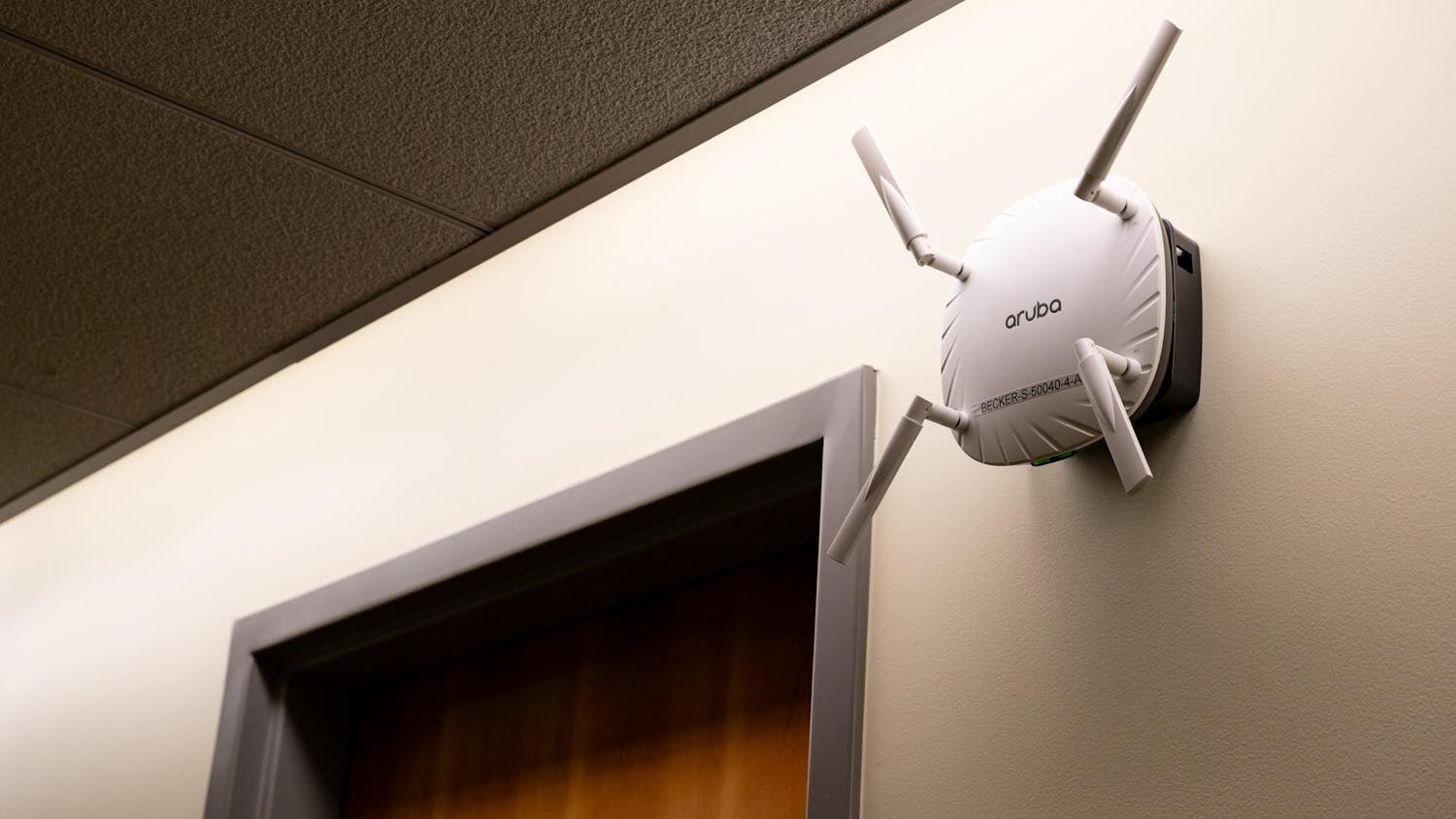In a year when costs have increased and tax revenue has fallen across the County, legislators have been busy debating and revising the 2025 Tompkins County Budget, which is expected to pass in November.
First introduced on Sept. 3, the proposed annual budget includes tax changes, funding for infrastructure projects and required New York State expenditures. County Administrator Lisa Holmes ’92, who wrote and presented the plan to members of the Tompkins County Legislature, told The Sun that county funds were divided between nearly 30 departments, each with their own roles.
Some of this funding is mandated and decided by the State. In addition, the County must allocate enough funds for other essential services including the sheriff’s department, highway department and other agencies that the County depends on.
Is the County Raising Enough Money?
Taxes within the County pay for the necessary expenses and social programs. While costs are rising, sales tax revenue — the second largest source of revenue — is projected to drop significantly for Tompkins County.
Legislator Shawna Black (11th District) explained that the decline in sales tax is one of the County’s biggest concerns.
“Whenever we see less sales tax, it means less money that we can spend on the things that truly are a priority in our community,” Black said.
Holmes described the decrease in sales tax revenue as a “COVID hangover,” referring to the end of certain economic relief policies coinciding with rising inflation across the country.
“Several years of inflation have affected consumers and their ability to buy and spend,” Holmes said. “That's led here locally to a decrease in sales tax revenues, and therefore a projection for 2025 that they are going to remain flat.”
Will Property Taxes Increase?
Property taxes are the largest source of revenue for Tompkins County, and in 2025, the property tax percentage will decrease for homeowners. However, Holmes said that the tax percentage is not what most people consider. Instead, they look at the “tax levy,” which is the total amount of money the County wants to raise through property taxes.
Even with a lower property tax percentage rate, homeowners will pay more overall due to rising home values. This year, home valuations increased by 20.5 percent in Tompkins County over the past year, far outpacing New York state’s overall increase of 6.8 percent.
“It's a very large increase,” Holmes noted, describing it as “atypical.” The median price of a home in Tompkins County rose from $249,000 to $300,000 over the past year.
The initial budget proposal included a 4.34-percent rise in the property tax levy, or a $138 increase to the median valued home’s tax bill. However, county legislators have preemptively agreed to decrease this number.
“So far with the voting meetings and amendments made by the legislature, it is looking to be a 3.29-percent levy increase, and we're still midway through the process, so that amount is still subject to change,” Holmes said.
What Projects Will This Money Fund?
Spending is more strained this year than in recent history. New York State increased mandated expenditures for Medicaid, childcare and psychiatric expenses for individuals unfit to stand trial, along with other spending categories. Holmes expressed her concerns over these increases to the legislature.
“The County’s mandated expenditures, over which we have little or no control, continue to rise and put pressure on local taxpayers,” Holmes wrote in her Sept. 3 message presenting the budget.
Plans to build a jail, public safety building and homeless shelter are also priorities for legislators. According to Black, the state covers the cost of sheltering services for about six months. The County may fund the remaining months, costing taxpayers an additional $3 million annually for homelessness services.
“With those three big capital improvements, and then the ongoing sheltering around, I mean, we're looking at a lot of money going out the door,” Black said. “So whenever we talk about having $50 million in the bank, it goes really fast.”
In previous years, there have been extra “unassigned” funds, allowing the County to fund social initiatives and infrastructure projects. This year, there are no funds left over.
“[Additional] funds would have allowed the County to fund the implementation of language access services, the distribution of informational mailings, the expansion of mobile support services and further backing for suicide prevention efforts,” Holmes wrote.
Community Response to Tax Increase
While raising property taxes is necessary to fund the County’s expenditures, it remains unpopular among residents, according to Black. Black called raising property taxes “the last thing that we want to do,” to citizens who struggle to pay their bills.
Kate Seaman — a prominent Ithaca Realtor who specializes in helping prospective professors find homes in Ithaca — said that some of her clients have turned down positions at Cornell because of high property taxes. She added that the quality of living is going down, and the cost of living is going up, and those two combined do not bode well for Ithaca.
“I am furious with this budget,” Seaman said. “I feel as though our taxes just keep going up and up and up. Assessments keep going up and up and up, and at some point you're like, ‘where's this money?’”
What’s Next?
Holmes encouraged more residents of Tompkins County to become directly involved.
“[County legislature] meetings are televised and streamed on YouTube,” Holmes said. “They're open to the public, and people can come in person and listen in or participate.”
Holmes hopes that before the budget becomes official in the coming weeks, residents will voice their concerns and priorities, highlighting the public hearing on Oct. 30.
“There's still opportunities for public input and for the legislators to amend the work in progress,” Holmes said.
Jack Aherne ’27 and Xavier Rolston ’28 can be reached at jea267@cornell.edu and xr46@cornell.edu.











